2022 World Cup: Qatar event set for November and December
- Published
World Cup 2022 to be played in winter
The 2022 World Cup in Qatar should take place in November and December, a Fifa taskforce has recommended.
Key football officials met in Doha to discuss a number of options following fears a summer event would endanger the health of players and fans.
Summer temperatures in Qatar can exceed 40C while those in November and December drop to around 25C.
Tuesday's recommendation is expected to be ratified by Fifa's executive committee in Zurich on 19 and 20 March.
Taskforce chief Sheikh Salman bin Ebrahim Al-Khalifa also recommended that the 2022 tournament should be shortened by a few days.
There has already been speculation that the tournament could start on 26 November and end on 23 December.
However, Fifa has already said there are no plans to reduce the size of the tournament from 32 teams or 64 matches.
Why November-December?
The other dates under consideration were May and January-February.
Fifa said a number of options had been discussed but felt that November-December was the best one because:
A January-February tournament would clash with Winter Olympics
The month of Ramadan begins on 2 April in 2022
Hot conditions prevail from May to September in Qatar
The ins and outs of the first winter World Cup explained by BBC sports editor Dan Roan
Fifa general secretary Jerome Valcke said there were "pros and cons" for all options but said the "one solution" was November and December.
Sheikh Salman added: "We are very pleased that, after careful consideration of the various opinions and detailed discussions with all stakeholders, we have identified what we believe to be the best solution for the 2018-2024 international match calendar and football in general."
What about a final on 23 December?
Fifa vice-president Jim Boyce said moving the World Cup to the winter was "common sense" but that a final on 23 December would be too close to Christmas and Britain's traditional festive matches.
"That's the only reservation I would have and I would like it a week earlier," said Boyce. "But I want to wait until the Fifa executive committee meeting to hear all the details about the dates."
Football Association chairman Greg Dyke said he would do all it could to protect the traditional festive period for club matches.
That stance was echoed by Richard Scudamore, chief executive of the English Premier League. "We've got to make sure we keep the Christmas and New year programme intact," he said.
Was the news a surprise?
Not so much a shock, more "the day many in football had feared", according to BBC sports editor Dan Roan.
"Despite rampant opposition, Fifa says this unprecedented break with tradition is in the interests of players and fans," he said. "But the ramifications are considerable, causing havoc for fixture calendars in an estimated 50 countries.
"Here in Qatar, this feels like the moment when the build-up towards 2022 can really begin and many will welcome Fifa asserting their power over the top clubs in the interests of a first World Cup in the Middle East.
"It also compounds the controversy that surrounded a host nation dogged by allegations of corruption and the abuse of migrant workers. The rifts that already divide the sport today feel wider than ever."
What will happen now?
BBC Radio 5 live's sports news correspondent Richard Conway said Europe's leading leagues and clubs would be disappointed after losing "this argument" but indicated the row over dates would rumble on.
Richard Scudamore, chief executive of the English Premier League, indicated the matter was far from settled.
"Clearly there is still time within the process to consider our position further, but first we will consult with our clubs, other stakeholders in English football and other leagues before deciding on what, if any, further action might be appropriate or worthwhile," he said.
Dan Roan added: "The debate surrounding the timing of the 2022 World Cup set the world's richest leagues on a collision course with Fifa. Europe's clubs will now seek compensation for the disruption caused."
Is a winter World Cup workable?
Fifa vice-president Jim Boyce said a tournament in November and December would "cause a lot of disruption" but added: "It is eight years away and people should have enough time to make it work."
However, Peter Coates, chairman of English Premier League side Stoke City, described the situation as a "disaster".
He told BBC Radio 5 live: "The only saving grace is that we don't have to think about it for a long time. It couldn't be more disruptive."
Greg Dyke said the best option would be to move the World Cup from Qatar but that November-December was "the best of the bad options".
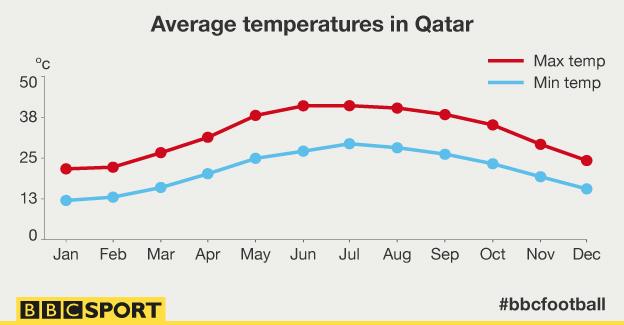
What will impact be on British game?
English football's Premier League strongly opposed a winter tournament given the disruption it would cause to the title run-in and the hole it would create in the schedules of its broadcast partners.
A World Cup in November and December also affects the Football League, the FA Cup and League Cup.
League and cup competitions in Scotland may also face disruption, regardless of whether the national team qualifies for the tournament with players being called up for other international teams.
Domestic leagues in Wales and Northern Ireland are less likely to be affected with the vast majority of players non-internationals.
And the rest of Europe?
Many of Europe's top leagues wanted an April-May solution to minimise disruption to their domestic programmes, not to mention the impact on the Champions League and Europa League.
According to English Premier League chief executive Richard Scudamore, European leagues and clubs will "suffer the most".
Karl-Heinz Rummenigge, chairman of the European Club Association, added that European clubs and leagues cannot be expected to bear the costs for any rescheduling.
"We expect the clubs to be compensated for the damage that a final decision would cause," said the German.
And Frederic Thiriez, president of the French football league and the European Professional Football Leagues, described it as "probably the most terrible decision" for domestic competitions.
Asked about a potential boycott from European leagues, Thiriez said: "I don't want to threaten or say we will do this or that. Let's wait for the final decision on 19 March. Then we will see what we'll do. Everybody's trying to find a solution. I'm trying to defend the interests of the leagues in Europe.
"It is the national leagues in Europe who guarantee the life of football in Europe. It's not the World Cup, neither the Champions League. It is the domestic championships. This is the heart of football."
However, Savo Milosevic, vice-president of the Serbian Football Association, said his country could benefit.
"Switching it to November and December is a good decision in my opinion and one that would also play into Serbia's hands if we qualify because it would practically coincide with our winter break," he said.
European governing body Uefa also backed the taskforce, insisting it "sees no major issues in rescheduling its competitions".
What about the rest of the world?
African officials agree with the taskforce, even though they will almost certainly have to move the 2023 African Cup of Nations from its January-February slot.
Confederation of African Football's director of communications Junior Binyam said it was backing the proposal "100%".
Concacaf, the confederation responsible for football in North America, Central America and the Caribbean said it "fully supports" the recommendations. The US Major League Soccer season will be unaffected given it runs from March until October.
It's likely to be a similar tale with the Asian Football Confederation, given Sheikh Salman is president of that particular body.
And the fans?
The Football Supporters' Federation questioned Sheikh Salman's claim to have had "detailed discussions with all stakeholders", saying the process would "bring renewed focus on to Fifa's governance and decision-making".
It said: "Once again this is a top-down decision from Fifa that has alienated both fans and clubs.
"The FSF is affiliated to Football Supporters Europe and they weren't consulted, despite representing millions of fans across the continent."
So what are temperatures like in Qatar?
Qatar's World Cup weather explained
Average temperatures in November are around 29C, dropping to around 25C by mid-December, slightly cooler than the 35C averages in May.
In June and July, those numbers increase significantly, regularly exceeding 40C.
BBC Weather's Nick Miller said it is not just the heat that is a concern but the humidity, too: "Together, they put a lot of pressure on the body, particularly with any physical activity,"
Organisers planned to use air-cooling technology they claim lowers temperatures within grounds to about 23C.
- Published24 February 2015
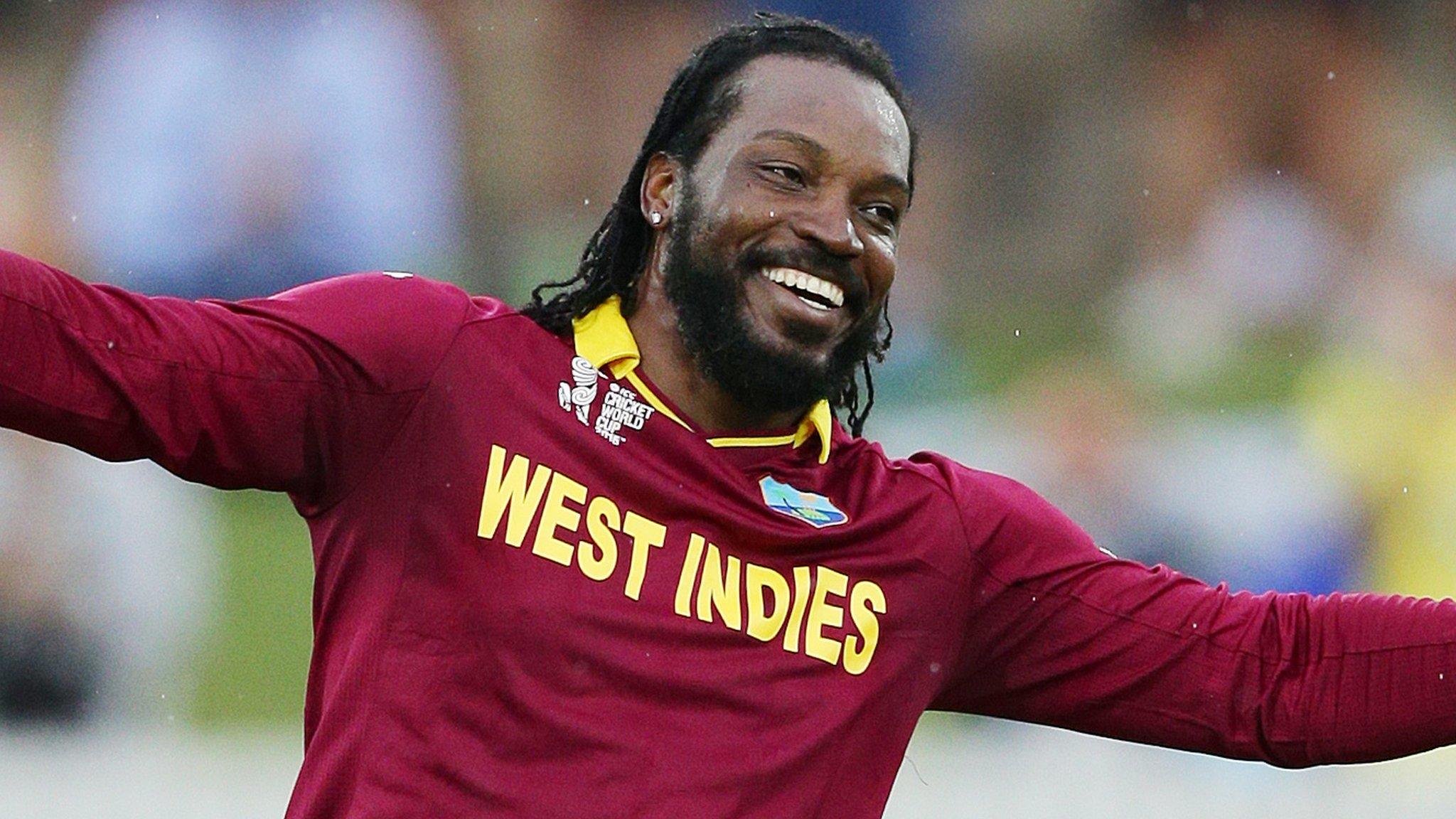
- Published24 February 2015
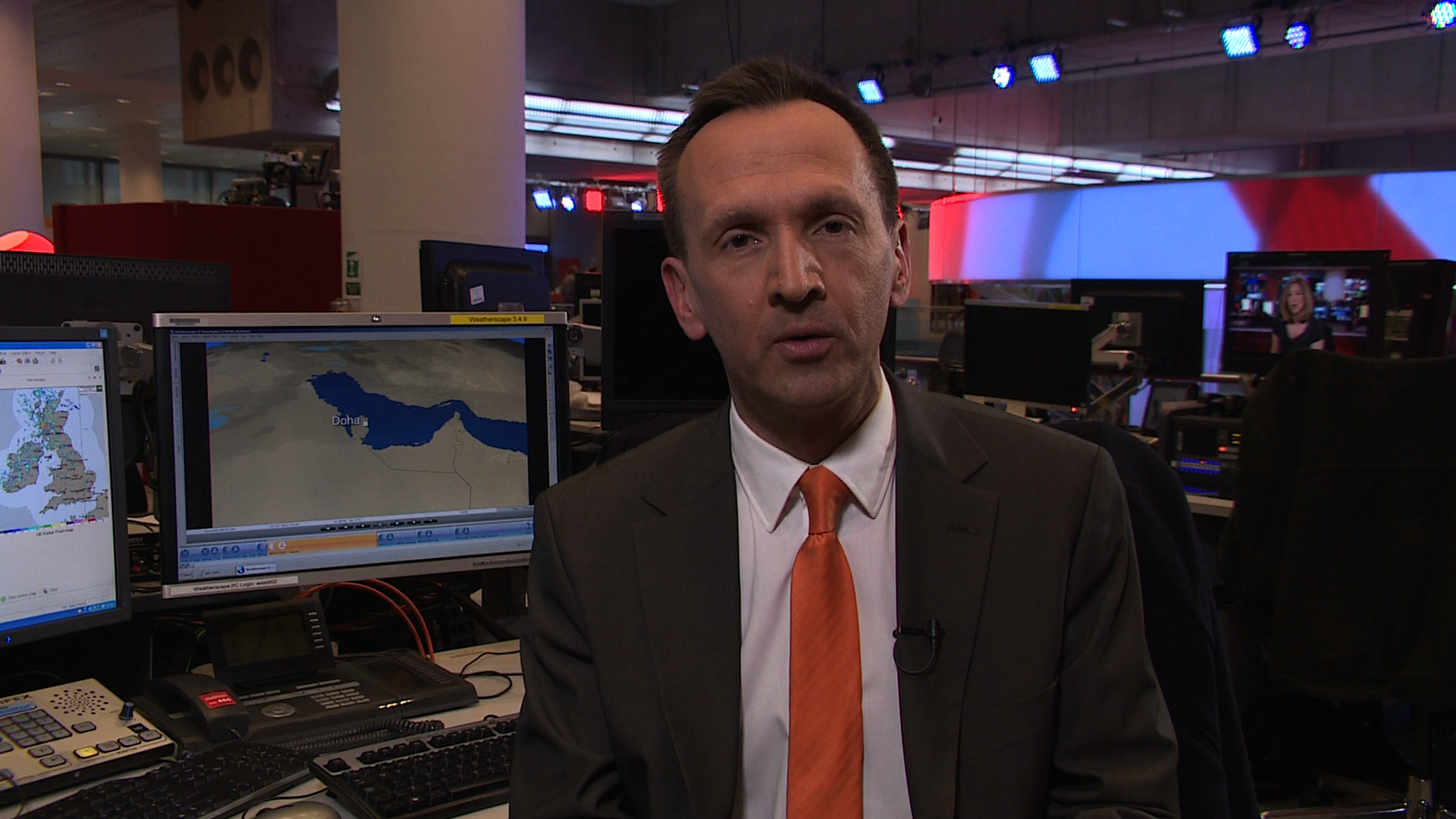
- Published23 February 2015
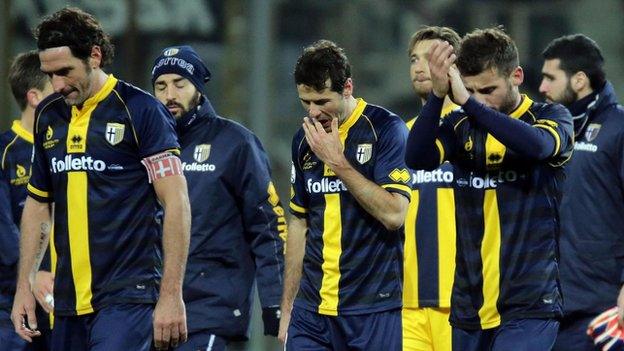
- Published23 February 2015
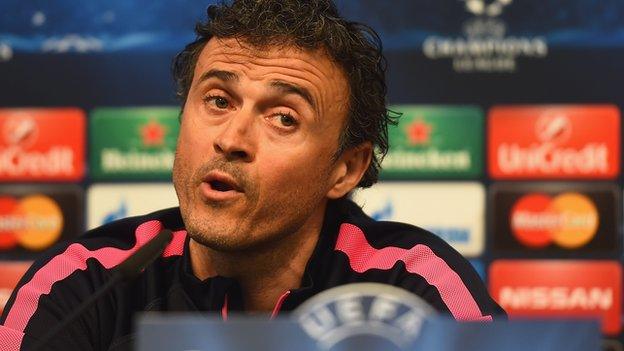
- Published23 February 2015

- Published23 February 2015
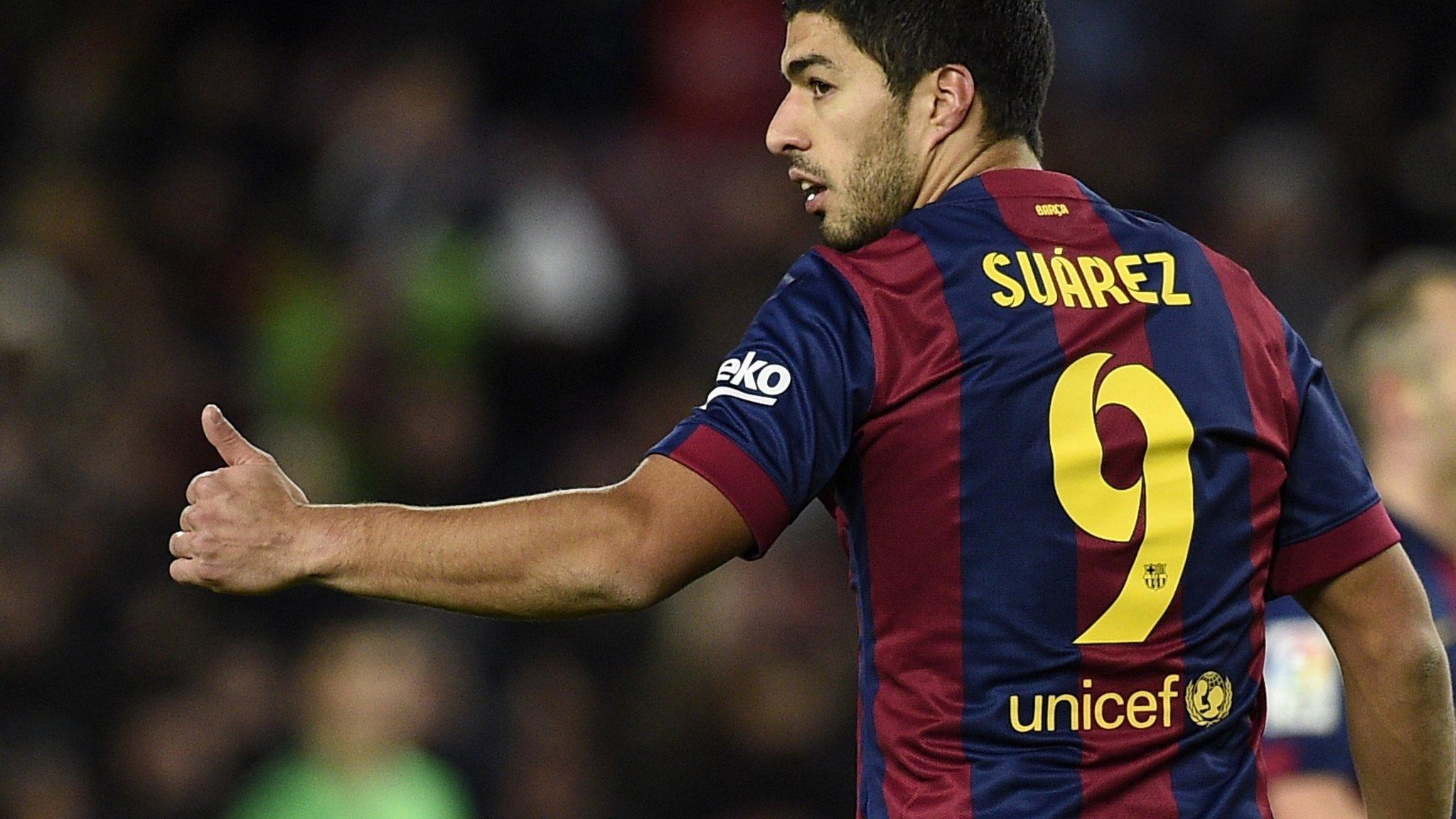
- Published23 February 2015
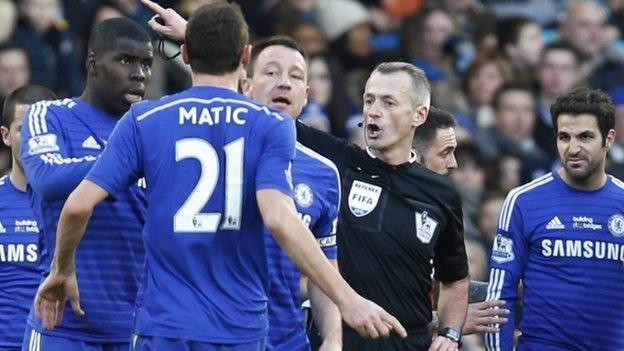
- Published5 November 2014
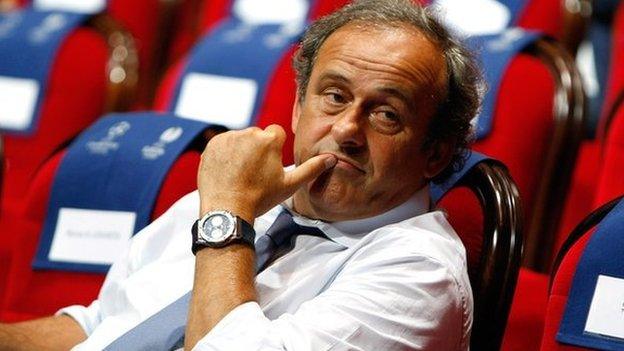
- Published13 November 2014

- Published20 June 2016

- Published7 June 2019

- Published2 November 2018
